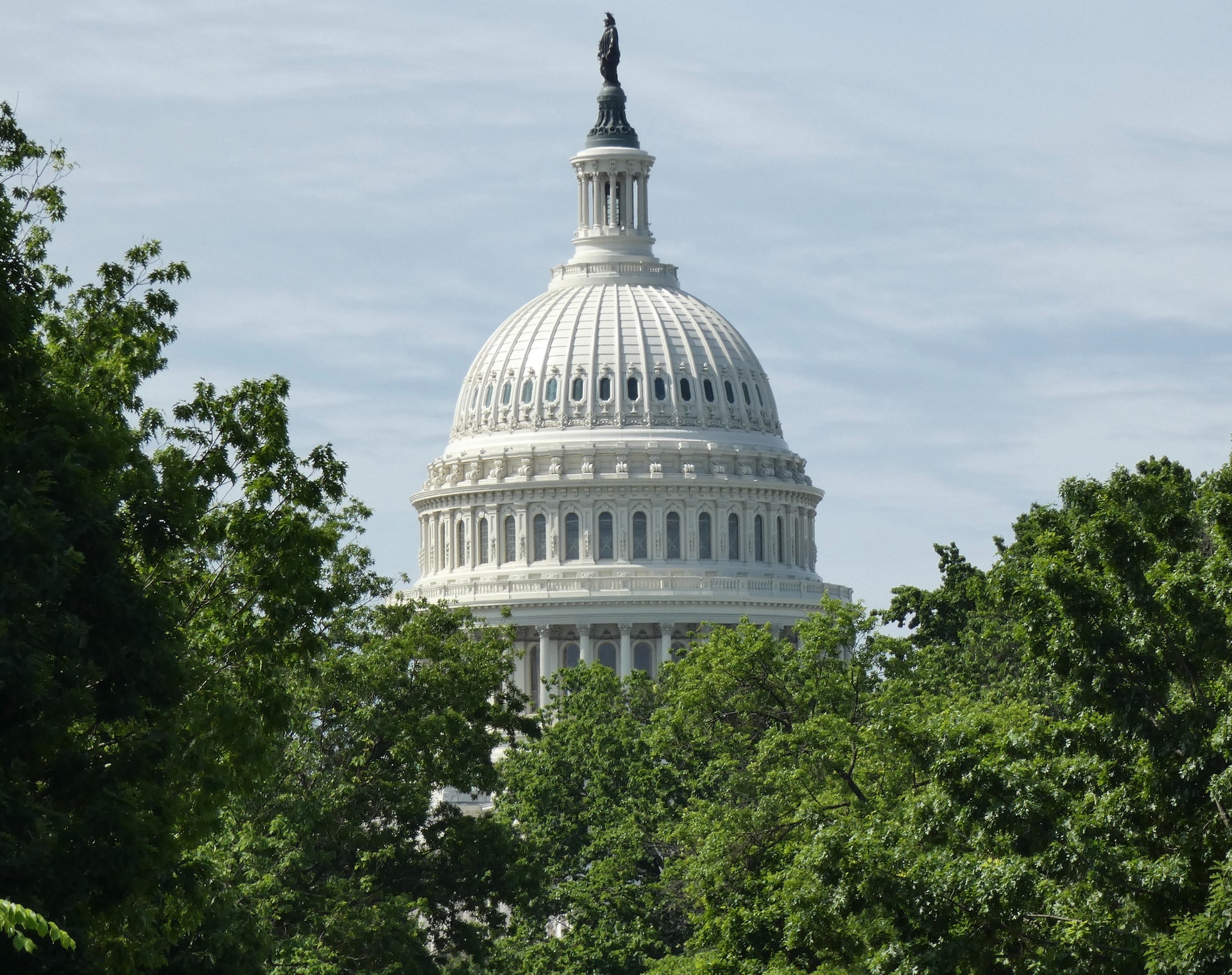U.S. Chamber of Commerce Looks to Gut The False Claims Act
In a move that is anything but surprising, the nation’s largest and most powerful business lobby, the U.S. Chamber of Commerce (the “Chamber”) issued a report on October 23, 2013 seeking to undermine the efficacy of the False Claims Act (“FCA”). The Chamber’s Institute for Legal Reform (“ILR”) composed the study and promised to launch an extensive campaign to reform the FCA. Given the massive campaign finance apparatus of the Chamber, this is a serious threat to whistleblowers and whistleblower advocates. The ILR is an unfortunately effective shill for corporate interests and longtime foe of plaintiff’s attorneys, aggressively advocating for strict “tort reform” measures.
Now the Chamber and the ILR have set their well-funded cross-hairs on the FCA, arguably the most effective tool in the government’s arsenal for fighting fraud. The report, which appears divorced from reality, argues that the government’s ability to bully and threaten companies with treble-damages wrongfully forces them into “oversized settlements,” while simultaneously noting that the roughly $35 billion recovered under the FCA since 1987, represents only a fraction of the fraud perpetrated against the government, each year. Accordingly, the study states that “[d]espite some successes, the FCA is simply ineffective at preventing fraud as it is currently structured and enforced.” Not to worry, the Chamber and the ILR have come up with a “solution” to remedy this “problem.”
In predictable fashion, the Chamber and ILR, firmly believe the most effective way to prevent fraud, is not the FCA, which allows qui tam litigants with inside information to prosecute on behalf of all U.S. taxpayers, but rigorous corporate compliance. The nation’s largest business lobby would prefer the proverbial fox stand guard over the henhouse. In keeping with the fantastical notion that corporations can always effectively self-regulate, the Chamber and ILR would require whistleblowers to bring their concerns internally at least 180 days prior to filing a qui tam suit.
This proposal from the Chamber and ILR will be nothing short of disastrous, should it gain any traction in Congress. Whistleblower advocates must join in unanimous condemnation of the Chamber’s obvious attempt to further insulate would be fraudsters from accountability.
Young Law Group is a nationwide leader in whistleblower representation and has successfully represented numerous clients in some of the nation’s largest qui tam cases for over a decade. For a free confidential consultation, please call Eric L. Young, Esquire at (800) 590-4116 or complete the online form here.


